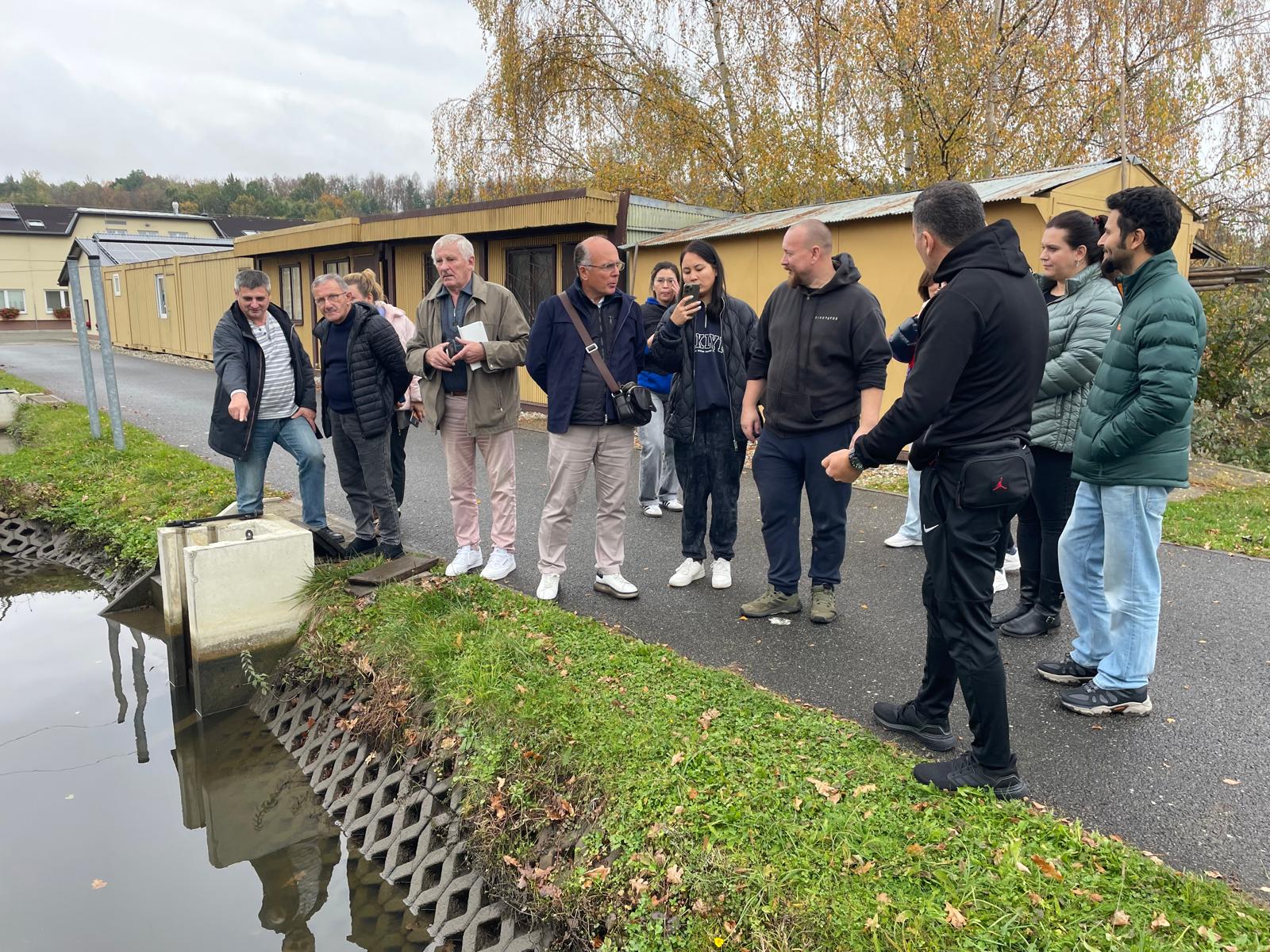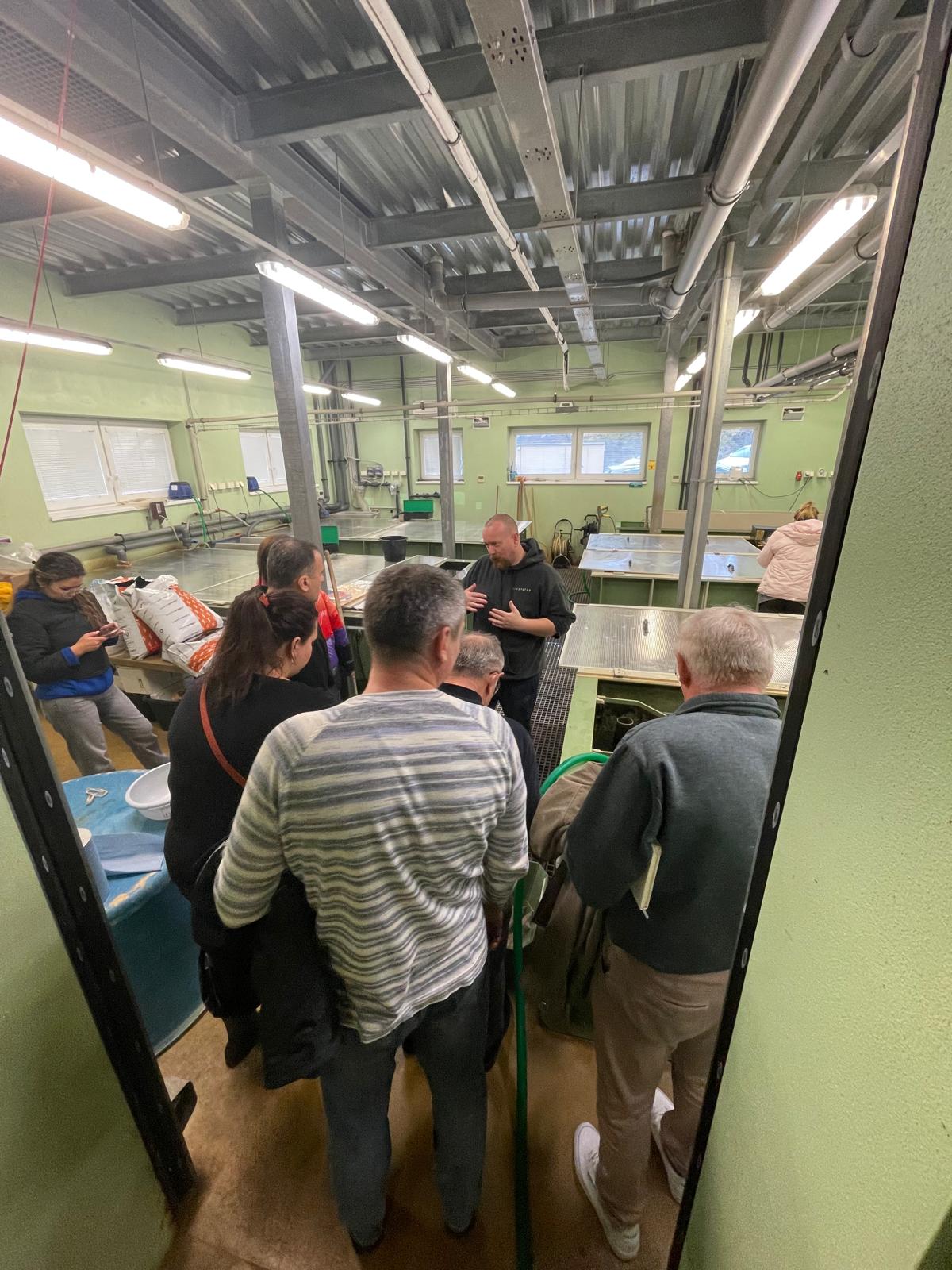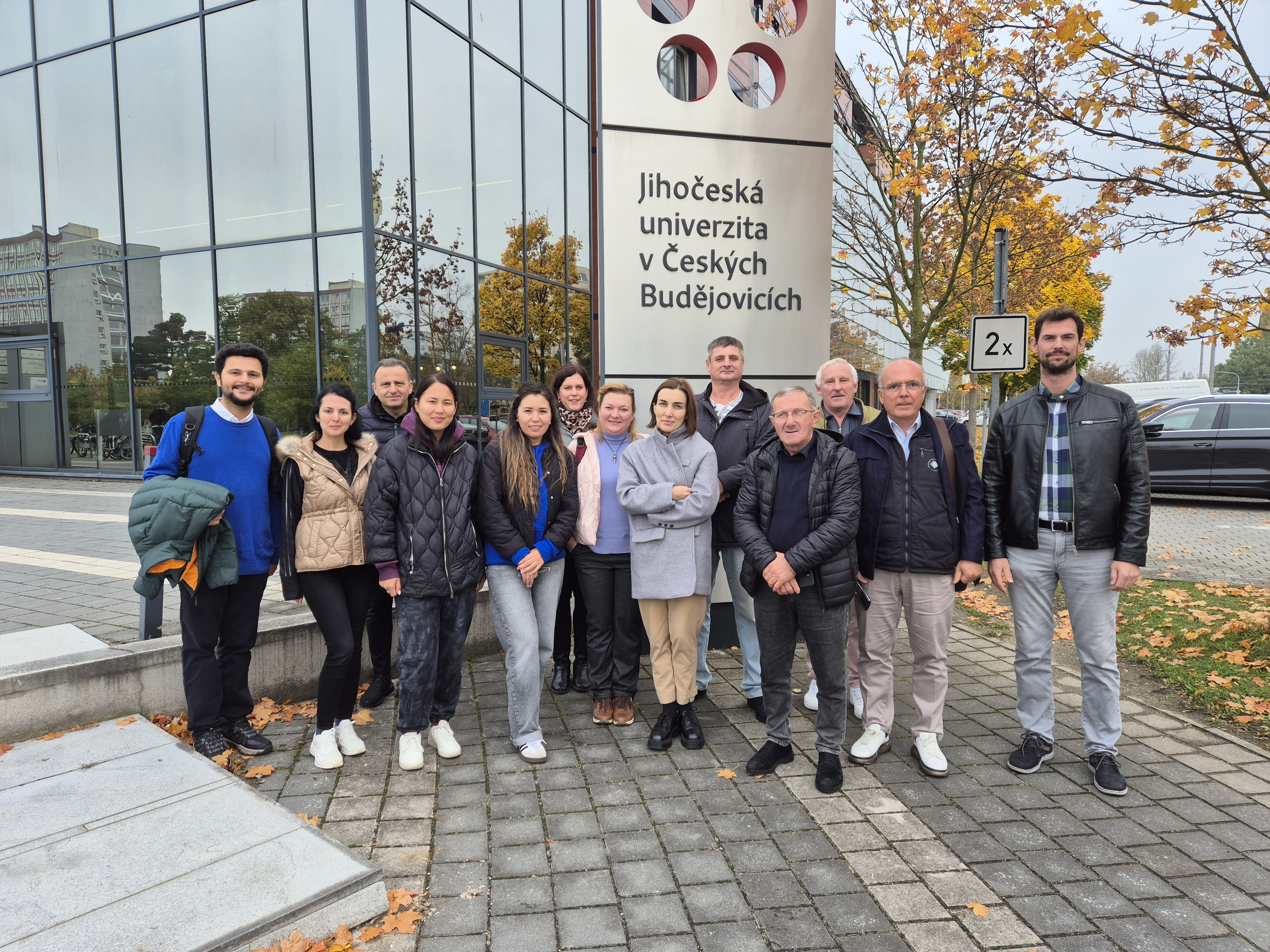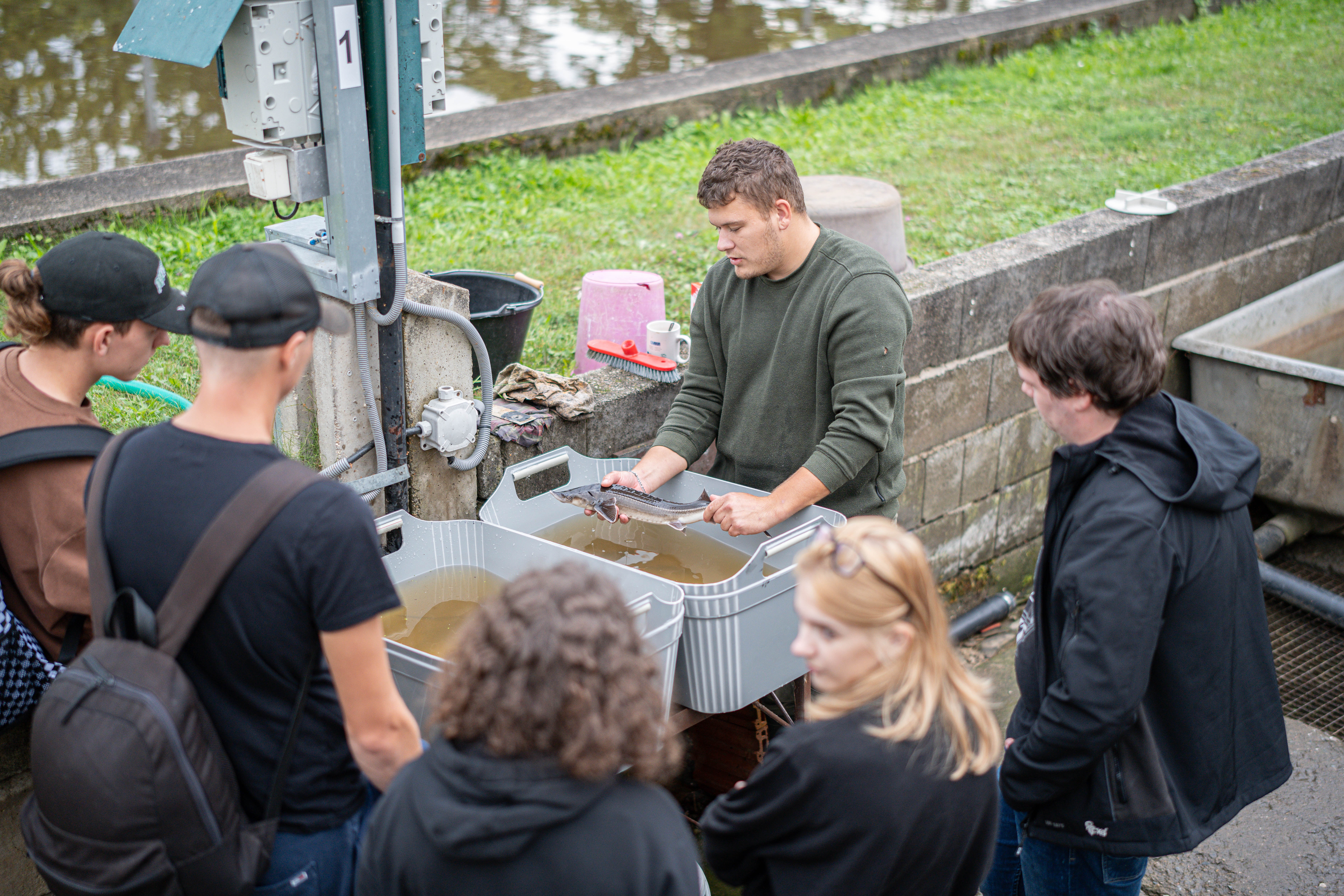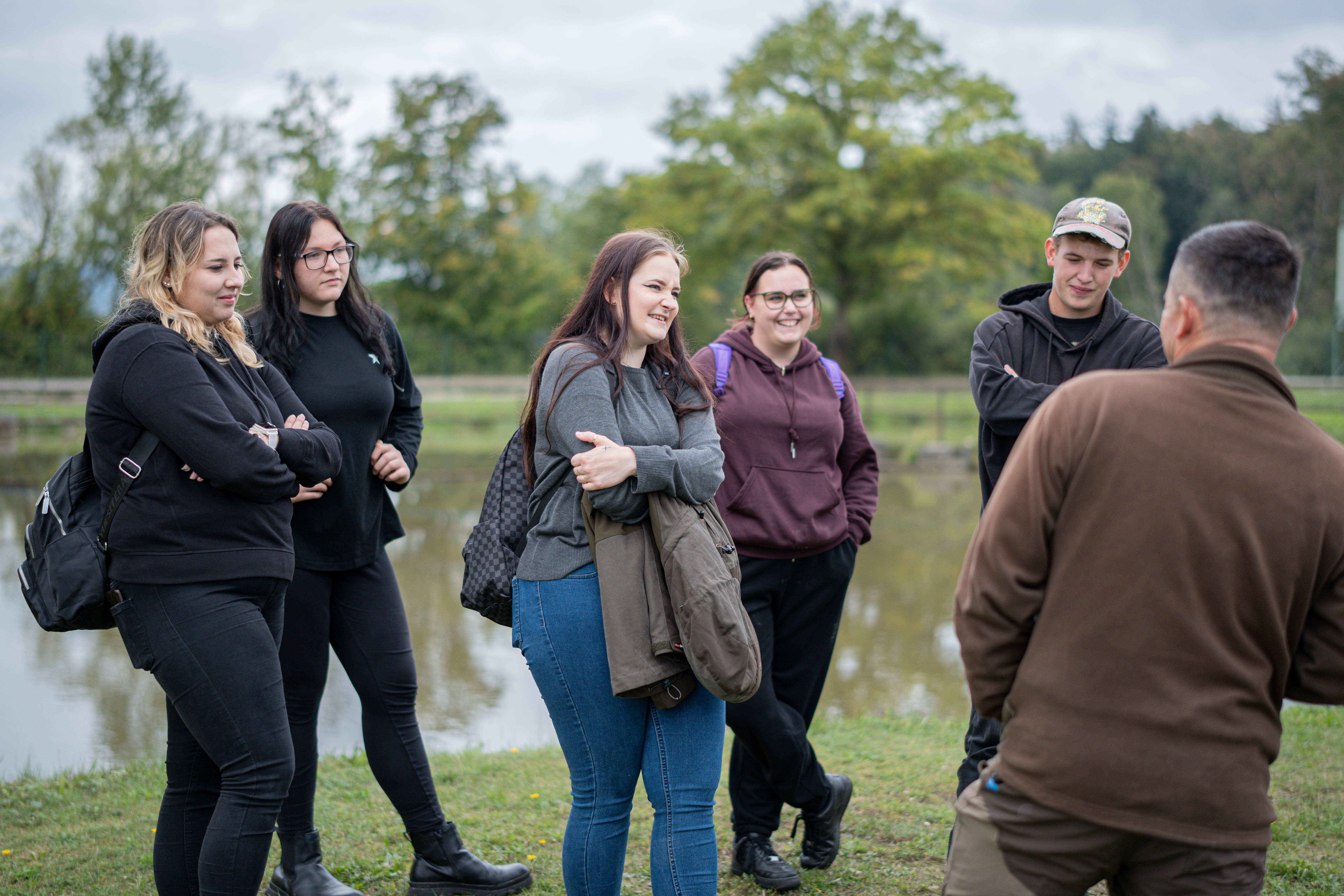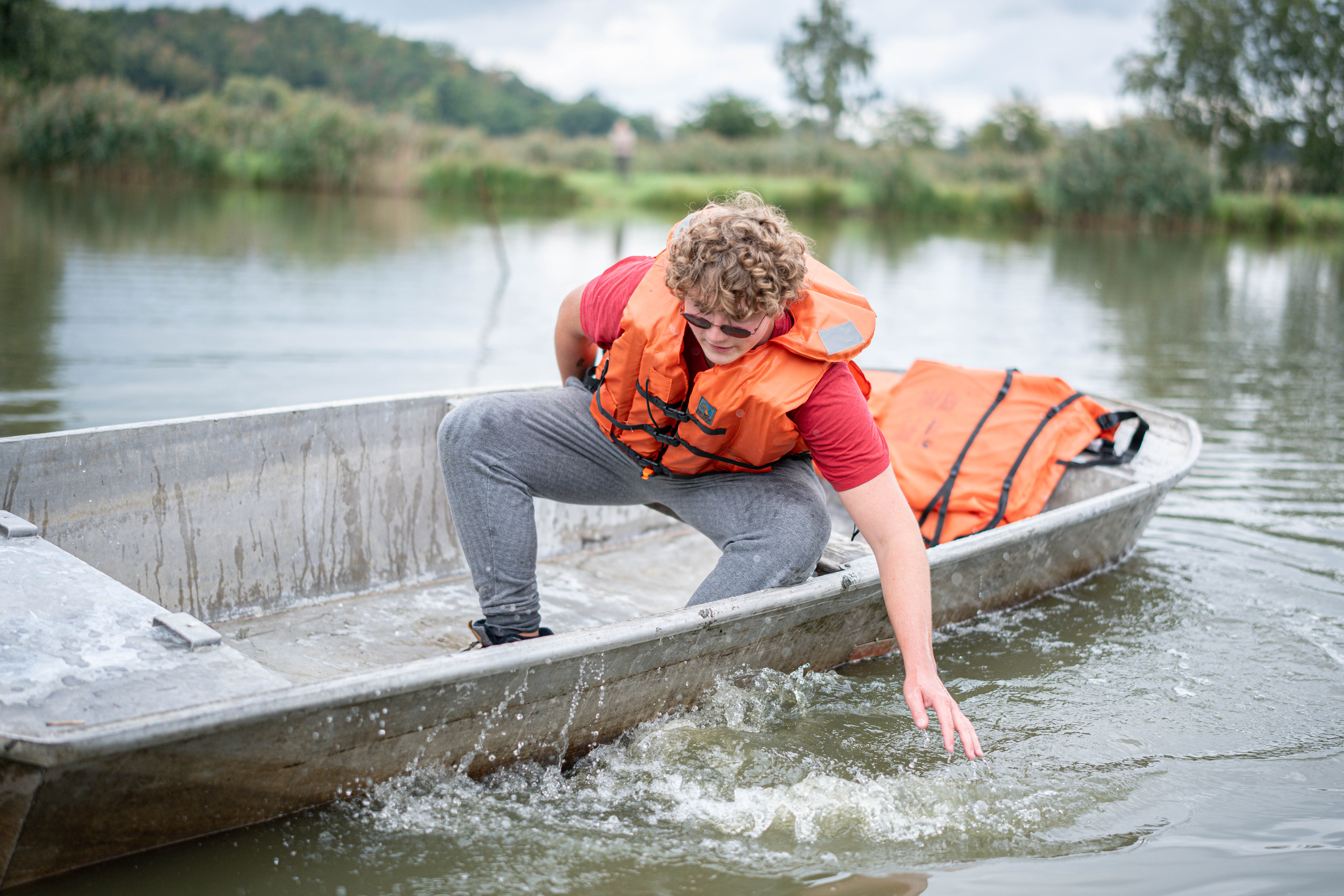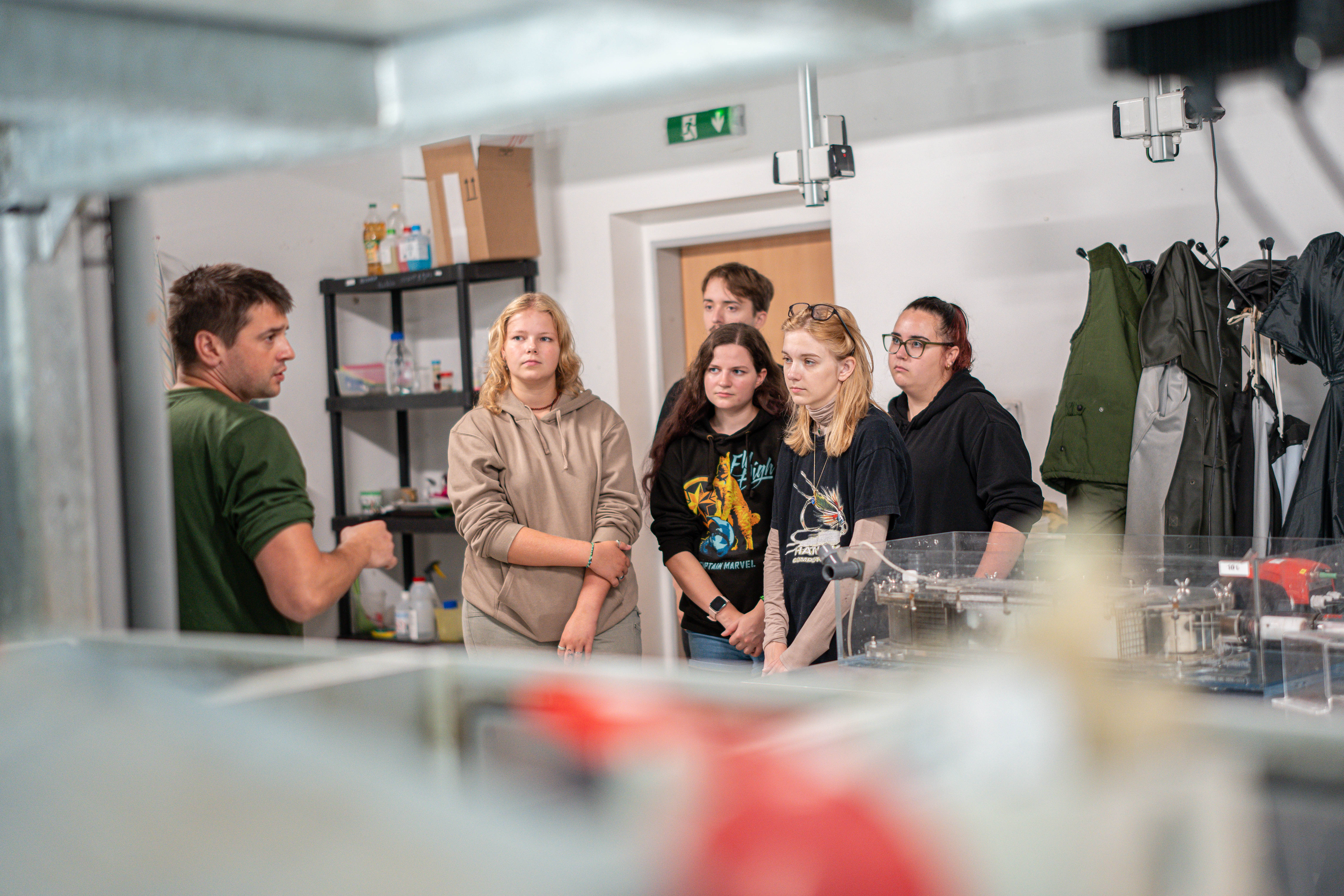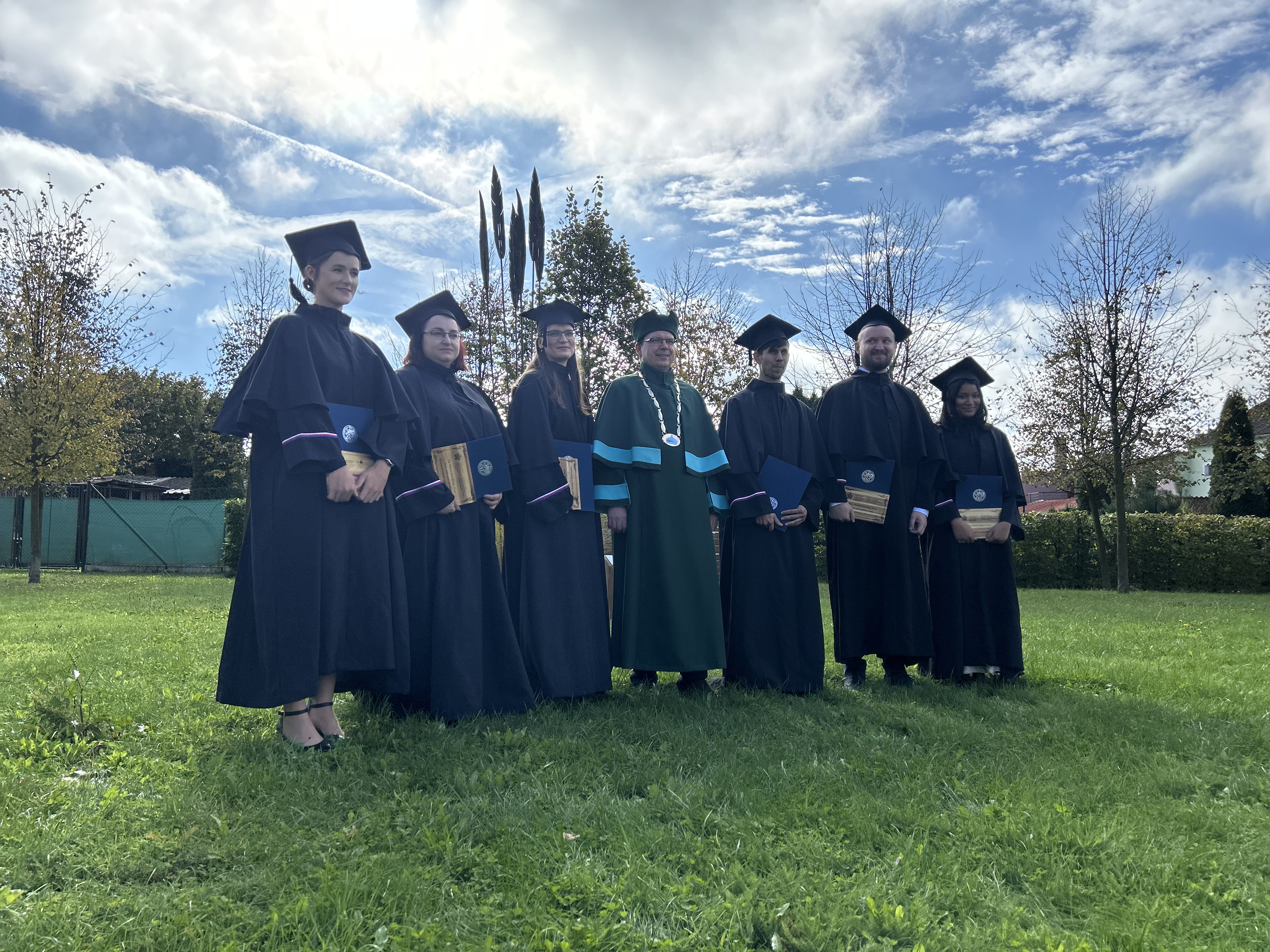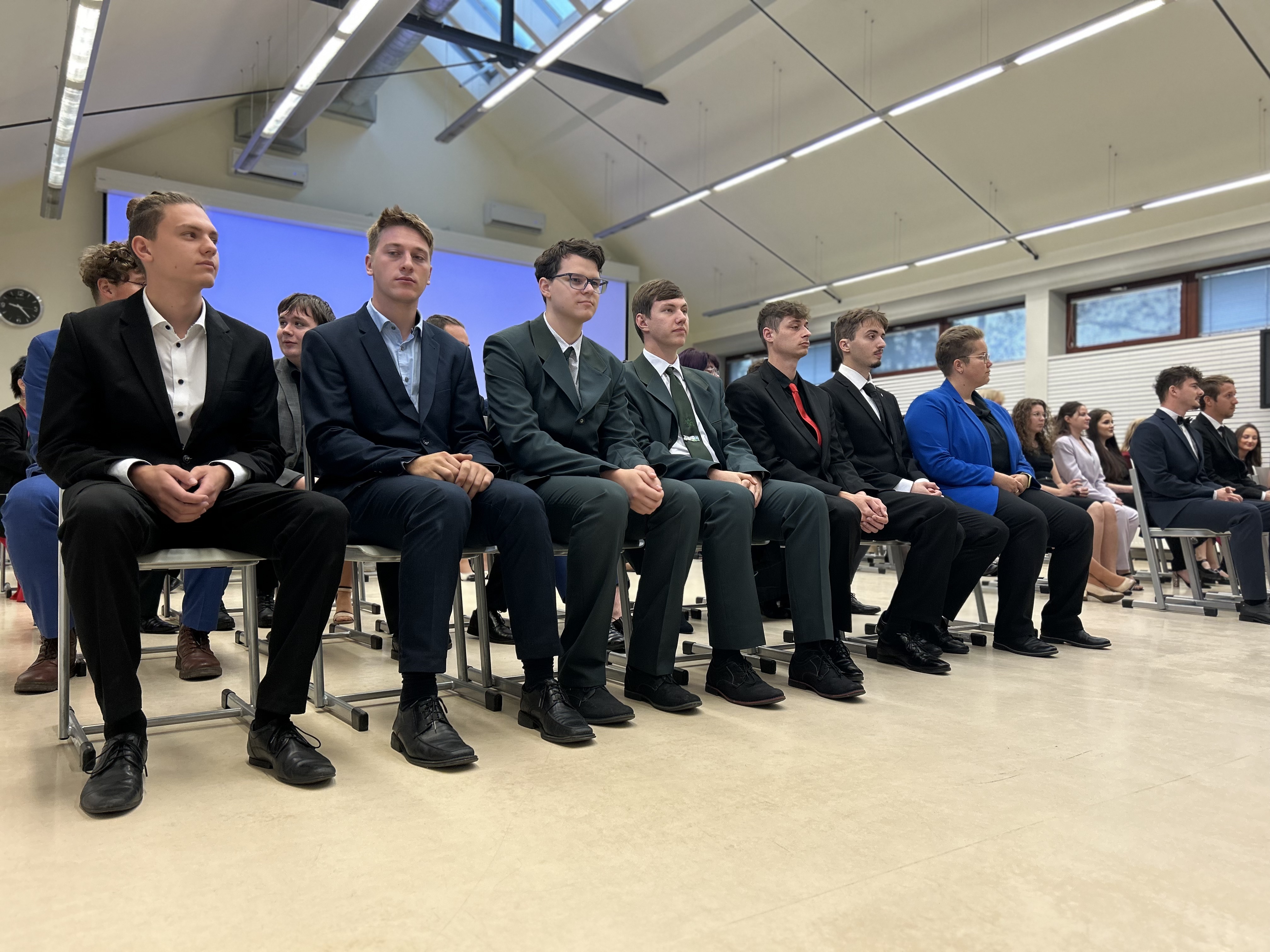Fakulta rybářství a ochrany vod JU pořádala pod záštitou FAO UN (Food and Agriculture Organization of the United Nations) ve dnech 20.–26. října 2024 mezinárodní workshop s názvem „Innovations in Fisheries and Aquaculture as a Key Component of Sustainable Aquafood Systems“. Workshopu se zúčastnilo 12 účastníků z 8 zemí, kteří se zaměřili na inovace v oblasti rybářství a akvakultury. Program zahrnoval přednášky, praktické demonstrace a exkurze, které se týkaly reprodukce a výživy ryb, intenzivní akvakultury, nemocí ryb a tradičního rybníkářství.
Tento vzdělávací seminář, podpořený Ministerstvem zemědělství ČR, byl zaměřen na podporu udržitelného rozvoje rybářství v regionech východní Evropy, Balkánu a Blízkého východu a probíhal v Mezinárodním environmentálním vzdělávacím, poradenském a informačním středisku ochrany vod Vodňany (MEVPIS).

The Faculty of Fisheries and Protection of Waters USB organized, under the auspices of the FAO UN (Food and Agriculture Organization of the United Nations), an international workshop titled "Innovations in Fisheries and Aquaculture as a Key Component of Sustainable Aquafood Systems," held from October 20th to 26thOctober, 2024. The workshop brought together 12 participants from 8 countries, focusing on innovations in fisheries and aquaculture. The program included lectures, practical demonstrations, and excursions covering topics such as fish reproduction, nutrition, intensive aquaculture, fish diseases, and traditional pond aquaculture.
This educational seminar, supported by the Ministry of Agriculture of the Czech Republic, aimed to foster the sustainable development of fisheries in Eastern Europe, the Balkans, and the Middle East and took place at the International Environmental Education, Advisory, and Information Centre for Water Protection in Vodňany (MEVPIS).

European perch (Perca fluviatilis), a native fish species in Eurasia, has attracted significant interest from both academic researchers and the aquaculture industry. Production of European perch through aquaculture has seen a recent rise, with a majority of this production occurring in Eurasian countries. Notably, Switzerland has emerged as a leading contributor in this sector.
Recent research emphasizes the importance of developing specialized feeds specifically tailored for European perch aquaculture in Europe. These feeds should ideally incorporate novel ingredients that offer environmental benefits, promote food-feed independence, and maintain high production performance. The use of protein sources produced under the principles of a circular economy, such as insect meal and secondary products from animal production, has been introduced in aquafeed to achieve these goals.
A collaborative research effort was undertaken by the Laboratory of Controlled Reproduction and Intensive Fish Culture, Faculty of Fisheries and Protection of Waters, University of South Bohemia in České Budějovice, Czech Republic, and Aquaforum, School of Agricultural, Forest and Food Sciences, Bern University of Applied Sciences, Switzerland. This joint research aimed to evaluate the impact of dietary blends containing insect meal (black soldier fly Hermatia illucens) and poultry by-product meal as replacements for fishmeal on growth indices and health status of European perch. Additionally, the study considered crucial aspects of the current food system, including environmental impact and competition for human food resources.
The feeding trial, conducted at the partner facility Aquaforum, lasted for 90 days. Researchers from the Faculty of Fisheries and Protection of Waters actively participated in feed formulation and production, regular fish measurements, sample collection, chemical analyses, evaluation and publication of the research findings.
The study revealed that a combination of protein sources derived from the circular economy can effectively replace up to 50% of fishmeal in perch diets while maintaining or even improving all performance metrics compared to the control (fishmeal-based) group. Utilizing this blend in European perch diets offers significant advantages, including reduced reliance on marine forage fish and minimized competition for food resources.
This research exemplifies the application of a circular food system concept in seafood farming by upcycling non-competing feedstuffs from the insect and poultry industries. Further studies exploring a wider range of circular materials within the global food system hold promise for advancing the sustainability of the seafood industry, particularly in the face of diminishing natural resources and a growing global population.
Detail information can be found in the original paper:
Tran, H.Q., von Siebenthal, E.W., Luce, J.B., Nguyen Thi, T., Tomčala, A., Stejskal, V., Janssens, T., 2024. Complementarity of insect meal and poultry by-product meal as replacement for fishmeal can sustain the production performance of European perch (Perca fluviatilis), reduce economic fish-in fish-out ratio and food-feed competition, and influence the environmental indices. Aquaculture 579: 740166. https://doi.org/10.1016/j.aquaculture.2023.740166
Figure 1: Experimental facility at Aquaforum, School of Agricultural, Forest and Food Sciences, Bern University of Applied Sciences, Switzerland
Figure 2: Research team involved in sampling at the experimental facility
Figure 3: Fillets of European perch fed different experimental diets
Figure 4: The use of human food-competing and non-food-competing feedstuff in experimental diets.
The website irybarstvi.cz published an article about the "Aquarium in the heart of Kuala Lumpur," which was mentioned by our colleague Ing. Václav Nebeský, Ph.D.
Illustrative photo: Sua Truong on Unsplash
The ekolist.cz website published an article (in Czech version) about the Rožmberk pond and its role in water retention during floods, which was discussed by our colleague Ing. Ján Regenda, Ph.D.
Illustrative photo: trebon.rybarstvi.cz
Fish can become addicted to antidepressants and drugs that get into the water. It alters their natural behaviour and the fish may have trouble recognising predators. Scientist Daniel Červený explained the details of the problem of drugs in the water to Radiožurnál. Full text of the article in Czech here.
The interview with fish nutritionist and freshwater ecologist Dr. Koushik Roy provided interesting insights into the field of aquaculture systems, freshwater fish and crustaceans, as well as bioenergetics and environmental interactions, and introduced us to the importance of recirculating aquaculture systems (RAS) and aquaponic systems.
Dr. Roy also spoke about the role of young researchers on editorial boards, the benefits of their involvement, and the importance of their participation for the future of scientific journals.
The original English version of the interview can be found here.
- Fotogalerie:
- Foto:
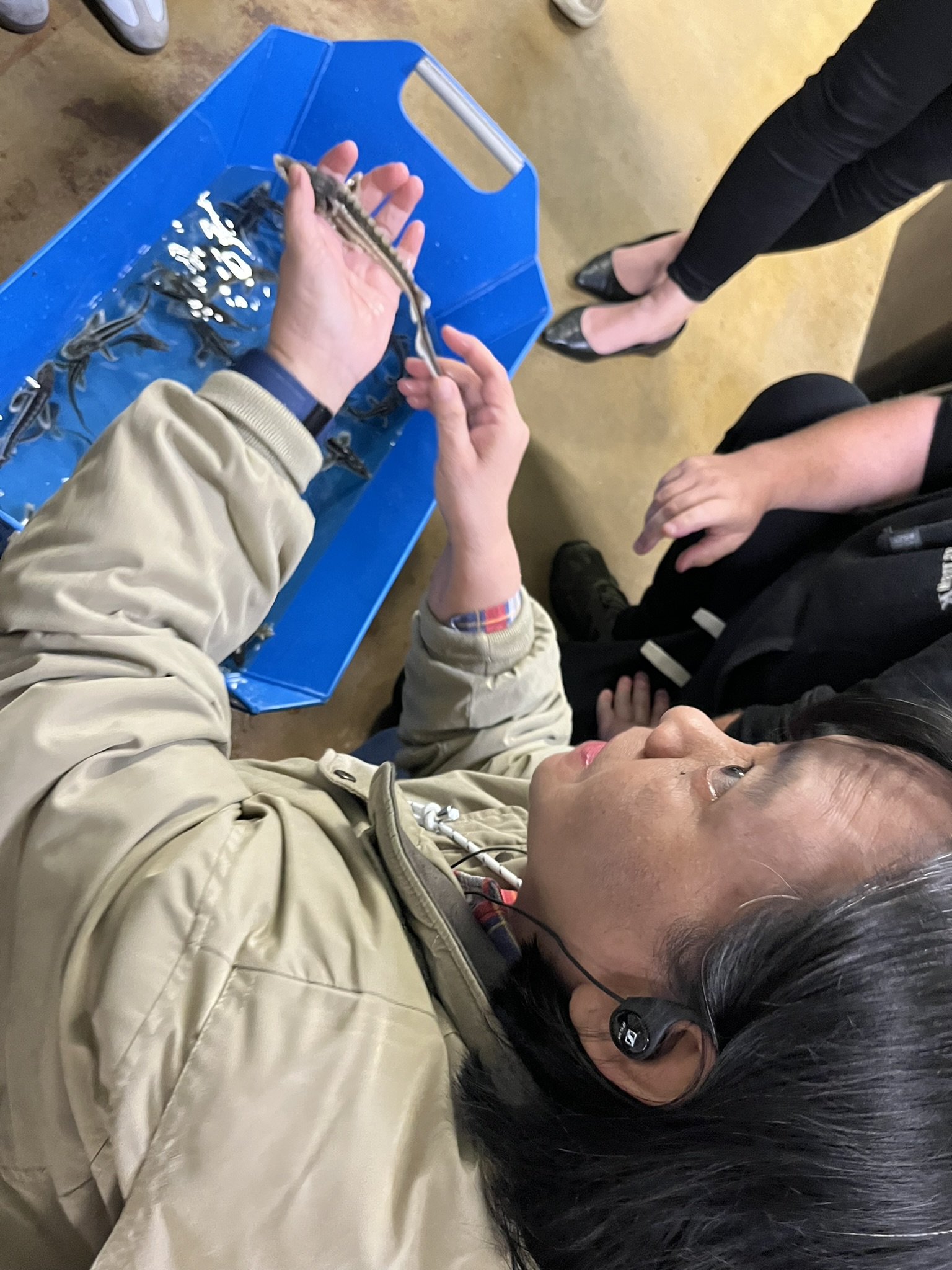
- Foto:
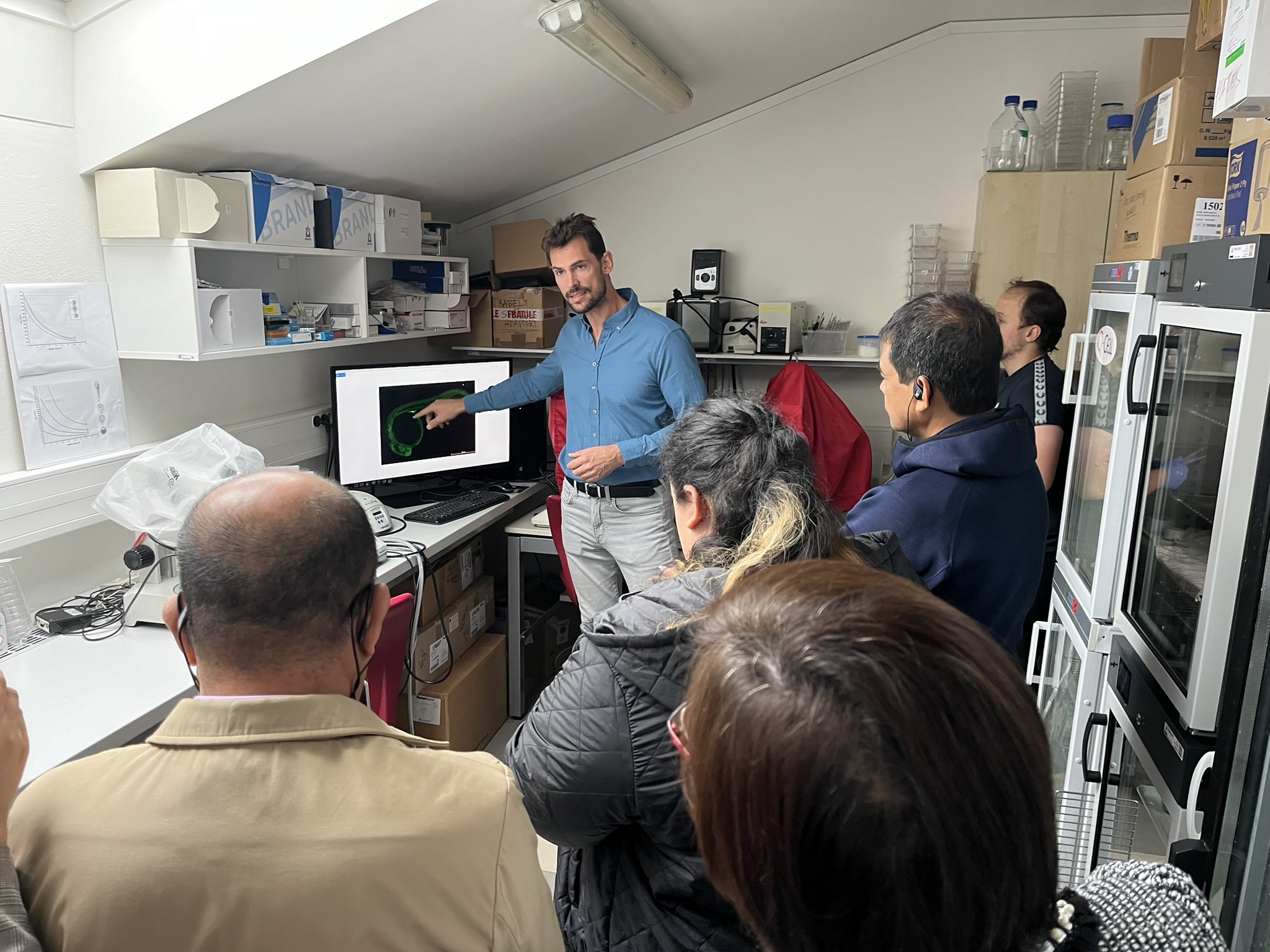
- Foto:
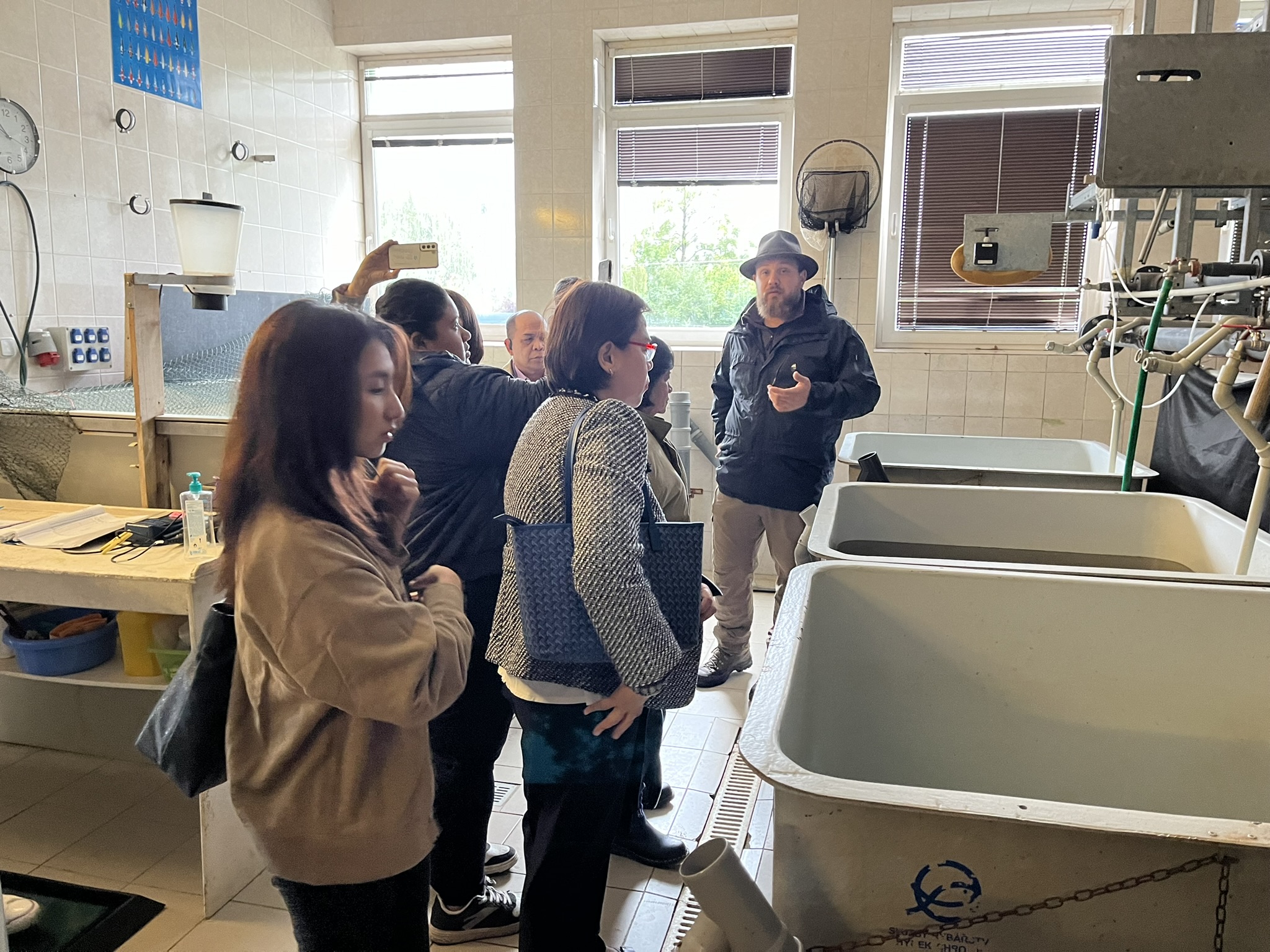
- Foto:
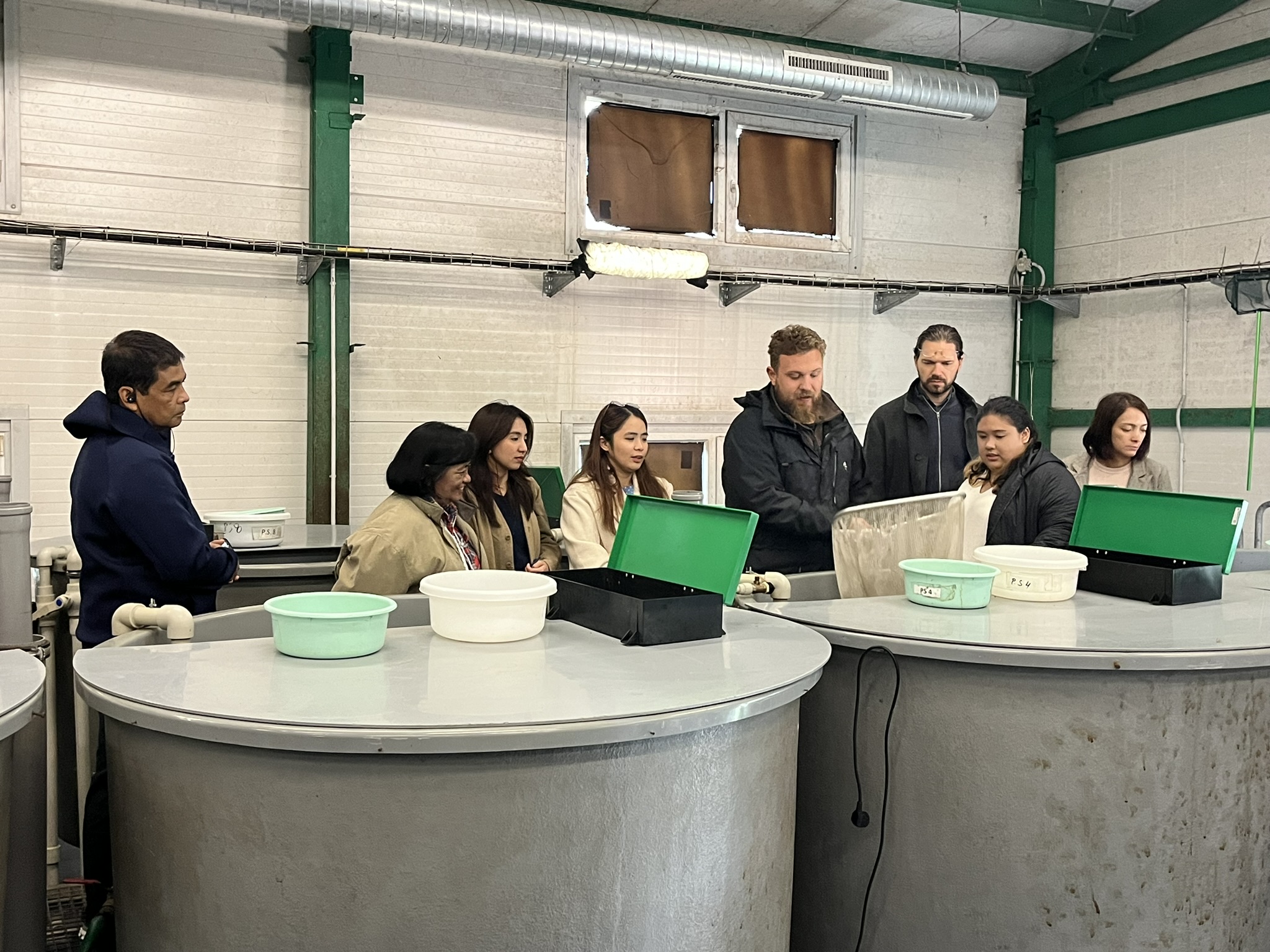
- Foto:
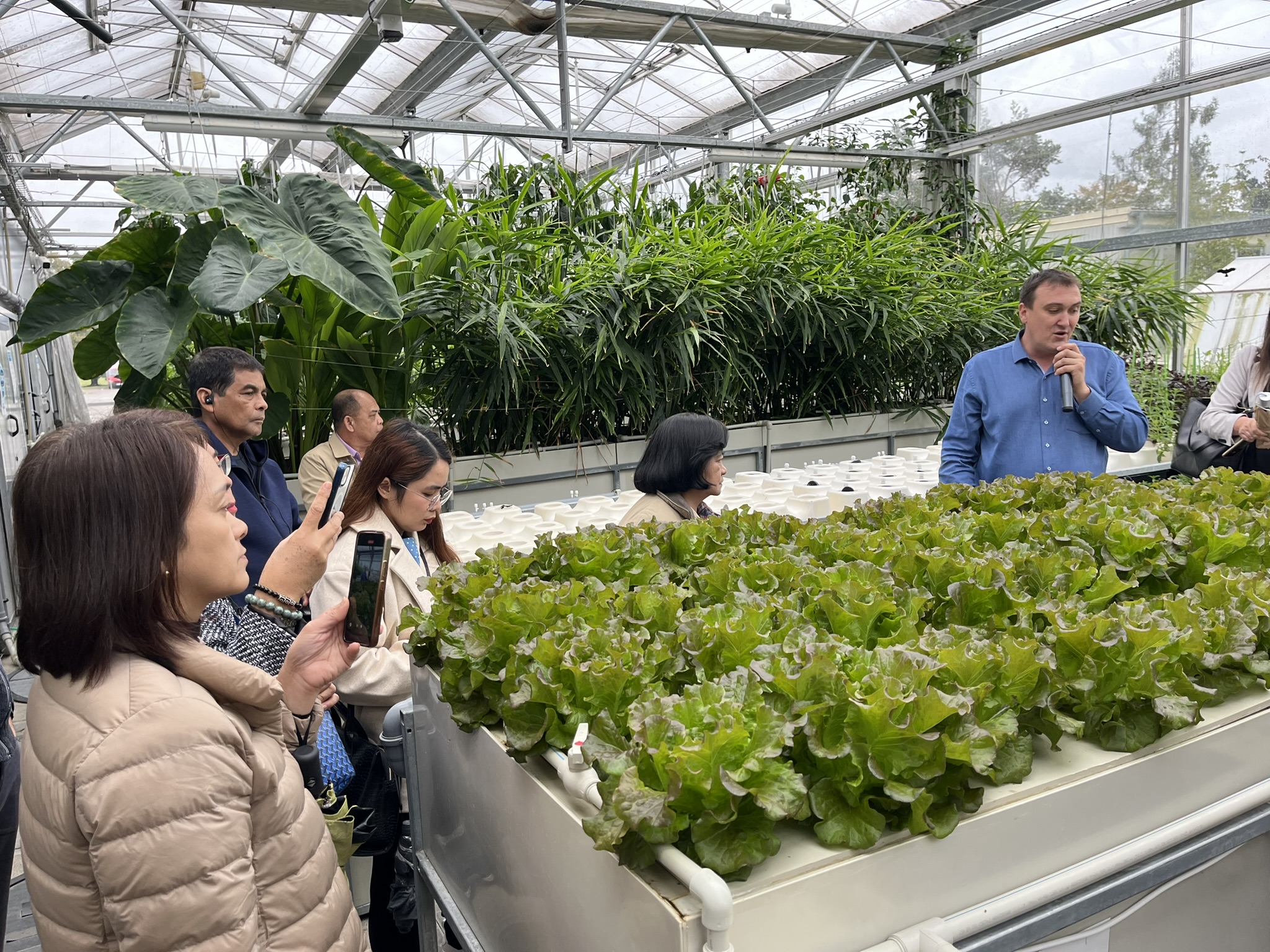
Ve dnech 11.–13. září 2024 navštívila Fakultu rybářství a ochrany vod JU dvanáctičlenná delegace v čele s Marošem Martinem Guothem z Velvyslanectví České republiky v Manile, Janem Holubem z Ministerstva zemědělství a 8 filipínskými zástupci z různých rybářských a zemědělských organizací. Cílem návštěvy byla prohlídka vědecko-výzkumného zázemí fakulty a rybochovných pracovišť, ale i střediska MEVPIS Vodňany. Zástupci z Filipín se setkali s vedením fakulty a diskutovali o možné spolupráci v oblasti chovu ryb v recirkulačních akvakulturních systémech.
From 26th to 28th February 2025, a Finnish delegation visited the Faculty of Fisheries and Protection of Waters at the University of South Bohemia. The faculty leadership held discussions with representatives from Turku University of Applied Sciences, focusing primarily on the preparation of a joint project aimed at enhancing education in aquaculture and water protection in Kenya.
- Fotogalerie:
- Foto:
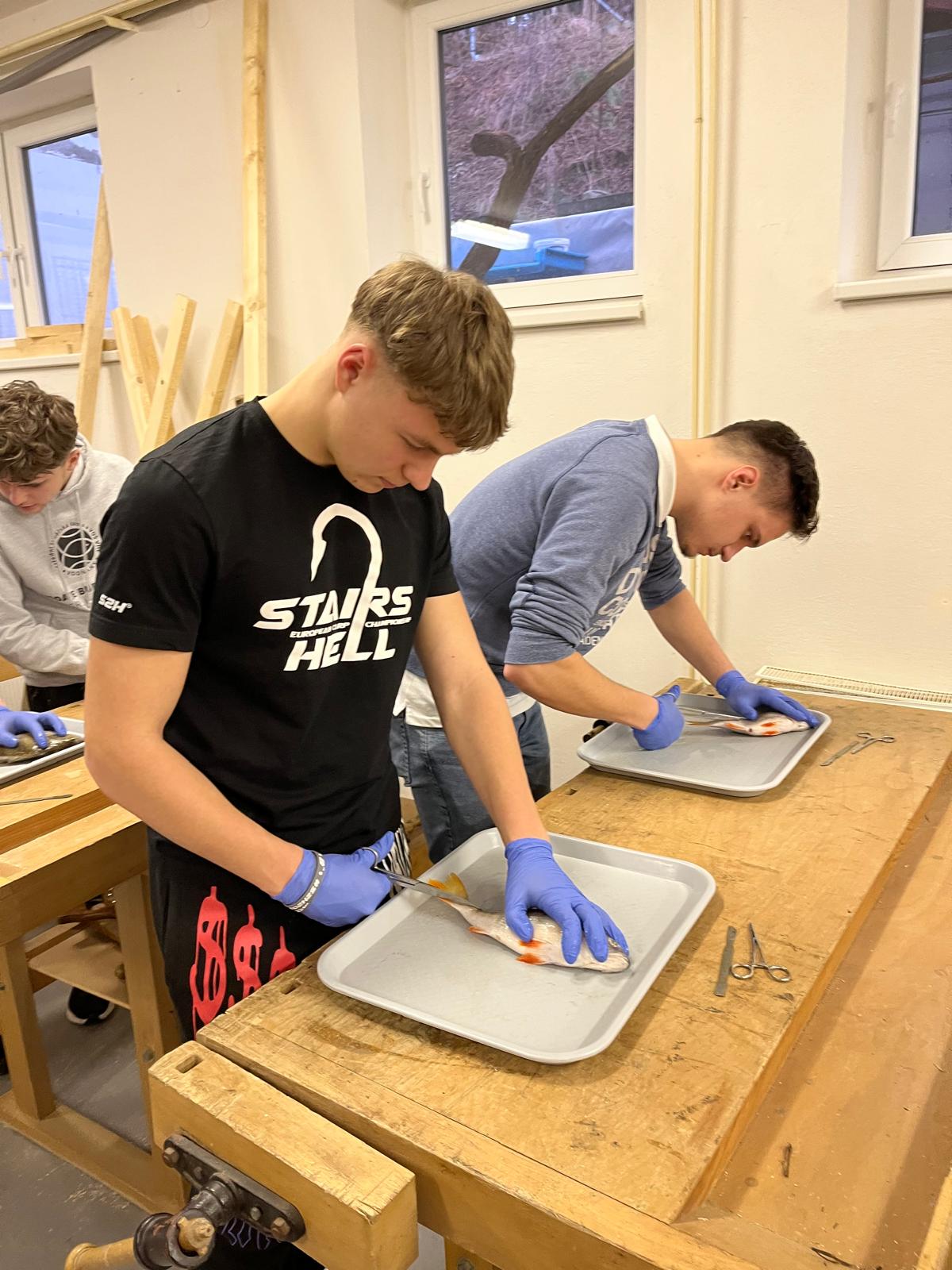
- Foto:
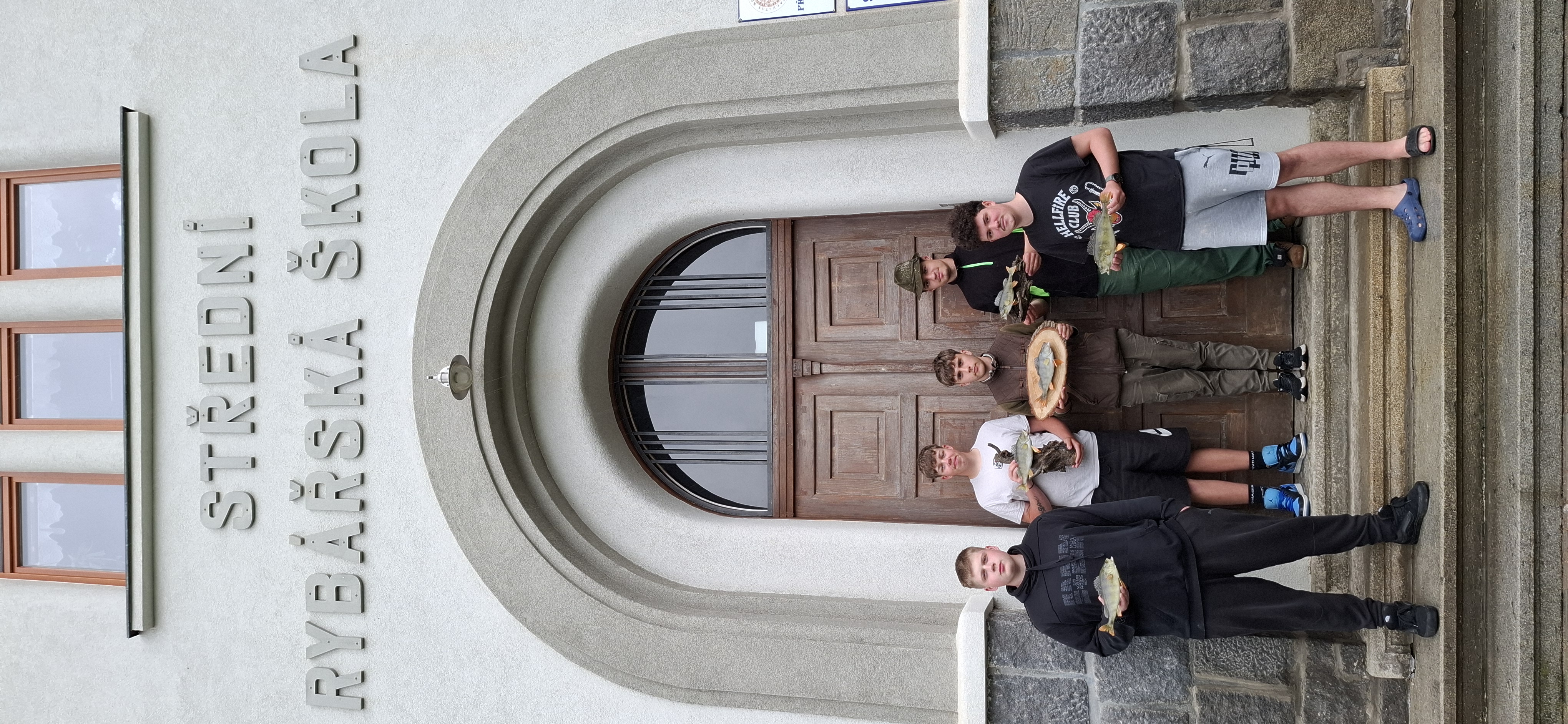
In the period from February to April 2025, the Secondary Fishing School in Vodňany ran a specialised educational programme focused on fish preparation, which was organised in the form of an afternoon interest group. A total of eight students from the third year of the Fisheries study programme took part in this specialised course, thus expanding their practical skills in ichthyological taxidermy.
During the course, the participants learned the complete process of preparation of river perch (Perca fluviatilis), including the finishing technique and the application of airbrush paint, which represents a modern approach to the finishing phase of preparation. The expert guidance of the course was provided by Ing. Václav Nebeský, Ph.D. from the Faculty of Fisheries and Protection of Waters of the University of South Bohemia in České Budějovice, whose involvement confirms the long-term efforts to deepen cooperation between the two educational institutions.
All graduates of the course successfully mastered the demanding technical procedures of preparation and demonstrated a high level of practical skills in this traditional craft. The continuation of the programme is planned for the spring of 2026, when another fish preparation course will be implemented for interested students.
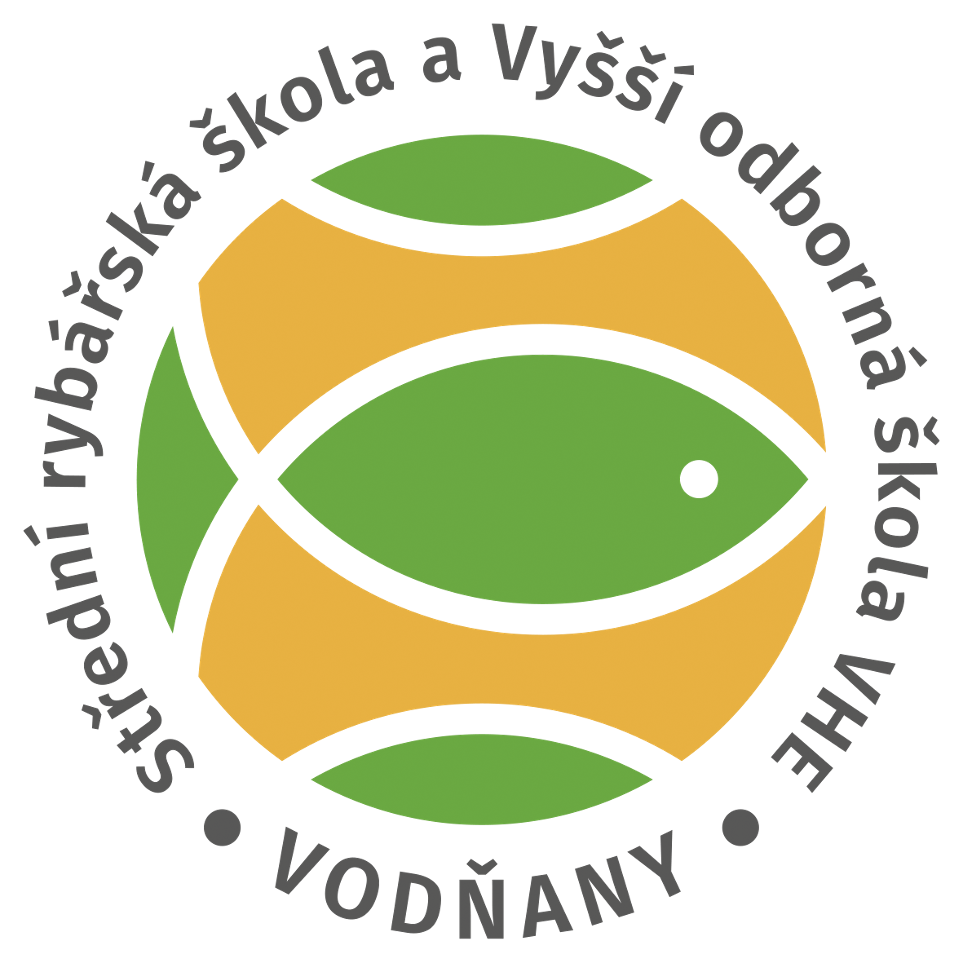
The Faculty of Fisheries and Protection of Waters USB as a traditional co-organizer participated in the 32nd edition of the Vodňany Fishing Days (16th–18th May 2023) and offered visitors a varied and rich program. In addition to live fish, crayfish and other aquatic organisms, visitors could learn all about ongoing research, topics of interest to local scientists and see unique laboratory equipment. One of the faculty's "showcases" is the Laboratory of environmental chemistry and biochemistry, where people could also discuss topics related to inland waters, groundwater or drinking water quality and protection. Children could try their hand at measuring pH, making chromatographic butterflies or filtering polluted water.
In other laboratories, people watched interactive demonstrations of the cryopreservation process (freezing of cells and tissues at liquid nitrogen temperature of -192°C) or watched videos of sperm motility of different fish species with different reproductive strategies. They could also try to guess which species belonged to which eggs, or observe different slides under a microscope. In the Genetic Fisheries Center, sturgeon at all stages of development were on display. Also of interest were live carp eggs just before hatching or a carp roach. There was also a faculty stand on the square in Vodňany, where people could taste various aquaculture products.
A rich programme was also prepared in the faculty environmental centre (MEVPIS Vodňany), in front of which the mobile laboratory of the Biological Centre of the Academy of Sciences of the Czech Republic was anchored, where scientists presented, among other things, research on trout within the project "Living jewels under the water surface of Šumava". In addition, the centre hosted the Kraken organisation, which prepared many board games for children and adults to try out on the spot.
Written by: Miroslav Boček
Photo by: Dana Brožová
Dne 12. března 2025 podepsal děkan Fakulty rybářství a ochrany vod Jihočeské univerzity (FROV JU) memorandum o vědecko-výzkumné a technologicko-inovační spolupráci s vedením společnosti Pure Shrimp s.r.o. v oblasti kontrolovaného chovu krevet a dalších korýšů v České republice.
Tato spolupráce si klade za cíl zdokonalit technologie a postupy chovu těchto cenných vodních živočichů, zvýšit efektivitu chovu a objem produkce krevet a jiných korýšů určených pro český trh.
Dalším cílem je zlepšit marketing odchovávaných a produkovaných korýšů, rozvíjet mezinárodní spolupráci a realizovat různé vědecko-výzkumné projekty v daném oboru. Oba partneři rovněž plánují zapojit studenty FROV JU všech stupňů studia do této spolupráce formou odborných praxí a stáží.
Web ekolist.cz zveřejnil článek o rybníku Rožmberku a jeho úloze při zadržování vody během povodní, o které mluvil kolega Ing. Ján Regenda, Ph.D.
Ilustrační foto: trebon.rybarstvi.cz
Ryby mohou být závislé na antidepresivech a drogách, které se dostanou do vody. Mění jejich přirozené chování a ryby pak mohou mít problém s rozpoznáním predátora. Podrobnosti o problematice farmak ve vodě vysvětlil pro Radiožurnál vědec Daniel Červený. Plné znění článku zde.
Web irybarstvi.cz zveřejnil článek o "Akváriu v srdci města Kuala Lumpur," o kterém mluvil kolega Ing. Václav Nebeský, Ph.D.
Ilustrační foto: Sua Truong on Unsplash
Rozhovor s odborníkem na výživu ryb a sladkovodním ekologem Dr. Koushikem Royem přinesl zajímavé pohledy na oblast akvakulturních systémů, sladkovodních ryb a korýšů, stejně jako bioenergetiku a environmentální interakce.Představil také význam recirkulačních akvakulturních systémů (RAS) a akvaponických systémů.
Dr. Roy hovořil také o roli mladých výzkumných pracovníků v redakčních radách, přínosech jejich zapojení a významu jejich účasti pro budoucnost vědeckých časopisů.
Původní znění rozhovoru v angličtině najdete zde.
Stánek Fakulty rybářství a ochrany vod JU na agrosalonu Země Živitelka nabídne ochutnávku rybích produktů. V nabídce bude například rybí polévka Halászlé a novinkou bude kapří sekaná v housce,z trvanlivých výrobků např. uzený pstruh duhový v oleji,kapří luncheon meat, rybí segedínský guláš a polévka M. D. Retigové.
Z chlazených výrobků bude možné vybírat z rybích salátů, Sturgeon Friendly kaviáru a dalších trvanlivých výrobků např.: maso ve vlastní šťávě, rybí polévky ve skle a kapří paštiky v několika variantách.
Navštivte náš stánek v pavilonu R3 od 22. do 27. srpna 2024, Výstaviště České Budějovice.
Ve dnech 16.–18. září 2024 připravila Fakulta rybářství a ochrany vod JU pro studenty prezenční formy bakalářského studia adaptační kurz. Převážná část programu se konala a na fakultních pracovištích v Českých Budějovicích a Vodňanech.
Během bohatého programu se studenti seznámili s vysokoškolským životem, setkali se s děkanem a dalšími zástupci z vedení fakulty. Kromě formálních setkání, která studentům přiblížila např. informačního systém STAG, univerzitní e-mail, studijní řád a studium na FROVce byla připravena i ta neformální část – společná grilovačka.
Adaptačního kurzu se účastnilo 30 nových studentů FROV JU, kteří dorazili i přes nepříznivé počasí.
Děkujeme zaměstnancům a studentům, kteří připravili nabitý program. Novým studentům přejeme úspěšné studium.
